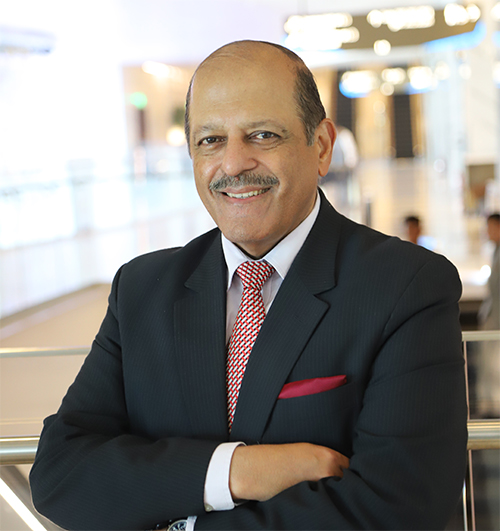Editor’s Note
This year, Bangladesh is celebrating 50 years of the War of Liberation. The struggle for freedom, which started soon after the creation of Pakistan in 1947, culminated in signing the Instrument of Surrender on 16 December 1971. On that fateful day, Pakistan’s Gen. A.A.K. Niazi, along with 93,000 Pakistani forces, publicly surrendered to the joint forces or the Mitra Bahini that comprised the Indian Army and the Mukti Bahini. It was the largest military surrender after World War II. Bangladesh was born as an independent nation-state and reclaimed its identity. The birth of Bangladesh was a watershed moment, one that rocked the very foundation of the ideology that created Pakistan.
The landmark event brought forth the unique political personality and extraordinary leadership of Sheikh Mujibur Rahman, popularly known as Bangabandhu, and several other leaders. The Bengali officers and soldiers of the East Bengal Regiment played a critical role in March 1971 when several battalions mutinied, following the crackdown by the Pakistani forces, and joined the War of Liberation.
Upholding the spirit of the Liberation, the Indian Government, on the eve of Republic Day this year, honoured Syed Muazzem Ali, a freedom fighter and a former High Commissioner of Bangladesh to India, with the Padma Bhushan, and also conferred the Padma Shri on 70-year-old war veteran Col. Quazi Sajjad Ali Zahir. The War of Liberation is also the story of ordinary people and their courage and sacrifice in the face of atrocities perpetrated by the Pakistani establishment.
The events of 1971 will remain forever etched in the collective memory of the people of both Bangladesh and India. The war cry of Joy Bangla set the people of Bangladesh on to a new path, to fulfil their destiny. As Bangladesh commemorates the Liberation that began with the Declaration of Independence on 26 March 1971, it is only fitting that we recall those tumultuous times and look to the future of India-Bangladesh relations with hope, expectation and a deep sense of commitment towards one another.
This special issue captures Bangladesh’s liberation through first-hand accounts by those who witnessed the unfolding of events and includes several perspectives by well-known political observers.
Sujan R. Chinoy
Editor and Director General, MP-IDSA








